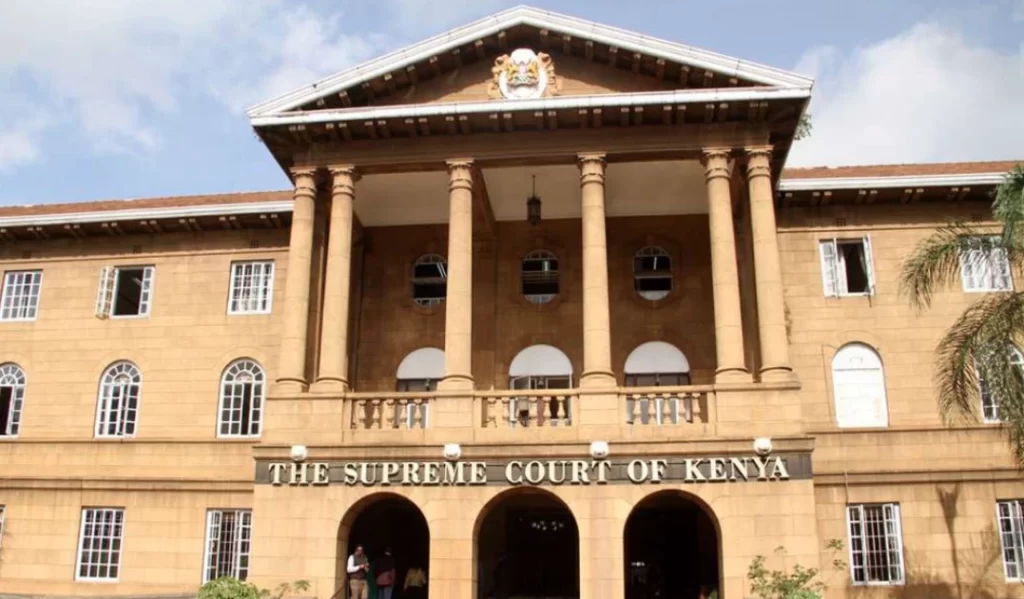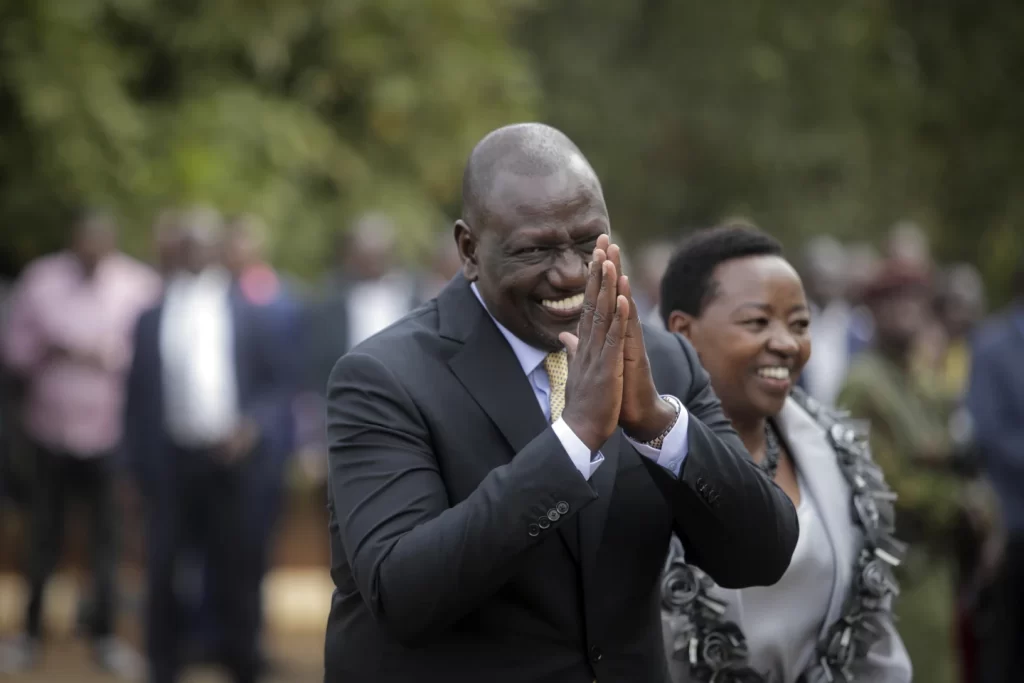Kenya’s Supreme Court on Tuesday suspended a lower court’s judgment that had declared the 2023 Finance Act unconstitutional, citing the need to maintain budget stability pending the government’s appeal hearing next month.

The Court of Appeal’s decision in late July to nullify the 2023 Finance Act dealt a significant blow to President William Ruto’s administration. The act, which introduced several tax increases, had already faced substantial public opposition, leading to protests earlier this year.
In its ruling, the Supreme Court stated, “We find that public interest tilts in favor of granting conservatory and stay orders to … maintain stability in the budget and appropriation process pending the determination of this appeal.”
The court scheduled hearings for September 10 and 11 to determine the constitutionality of the 2023 law. The government, which has been relying on the act to continue tax collection after Ruto withdrew this year’s finance bill in June, has not immediately commented on the Supreme Court’s decision.
Finance bills, typically presented to parliament at the beginning of each financial year, serve as the primary vehicle for the government to outline its revenue-raising measures, including tax hikes.
President Ruto has argued that tax increases are necessary to fund development programs and address Kenya’s substantial public debt. However, his administration faces the challenge of balancing these fiscal needs with the demands of Kenya’s economically strained citizens and international lenders like the International Monetary Fund.

The 2023 Finance Act introduced several contentious measures, including doubling the value-added tax on fuel, implementing a new housing tax, and raising the top personal income tax rate
These changes sparked a series of violent street protests led by opposition parties last year, culminating in a legal challenge to the act’s constitutionality.
The Supreme Court’s decision to suspend the lower court’s ruling comes as Ruto’s government grapples with its biggest challenge since taking office two years ago. The president withdrew this year’s finance bill in June following youth-led protests, the largest demonstrations during his tenure.
As the September hearings approach, the government’s ability to navigate these legal and public challenges while maintaining fiscal stability remains a critical issue for Kenya’s economic outlook.
The Supreme Court’s intervention underscores the delicate balance between constitutional governance, economic policy, and public sentiment in Kenya’s evolving democracy. The outcome of the September hearings is expected to have significant implications for the country’s fiscal policy and political landscape. I’ve rewritten the article in detail, following



